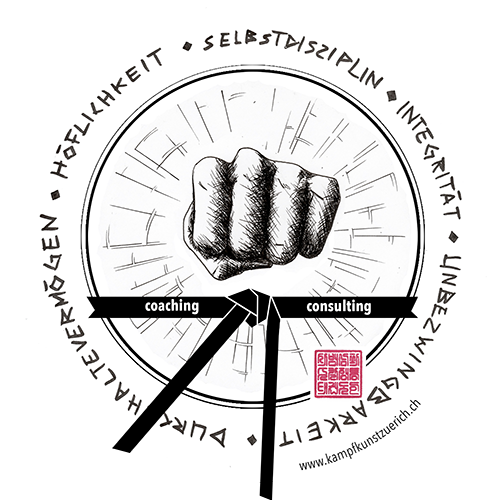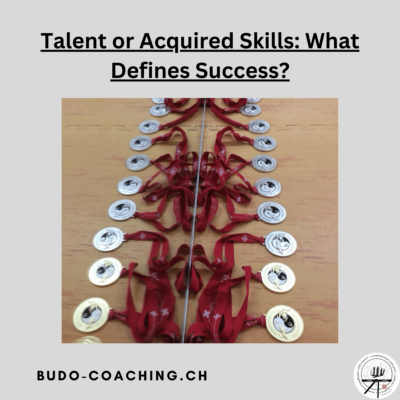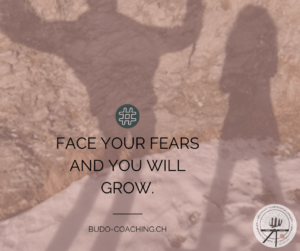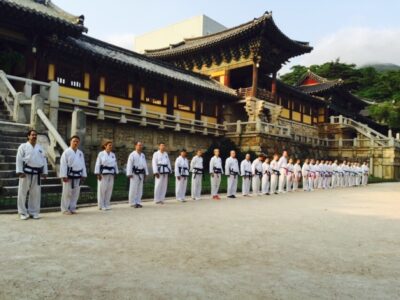What defines successful people? Maraike is a very smart and capable individual but early this…
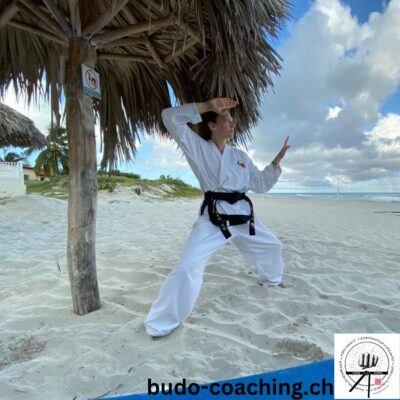
Time-out: 5 tips for a relaxing holiday
It’s Friday, your holiday is starting in a few hours, but the suitcase isn’t packed yet and you still need to shop a couple of things before the stores close.
It doesn’t look any better in the office: everyone seems to be wanting something last-minute from you and suddenly tasks pop up that apparently cannot wait a fortnight and still need your attention.
No wonder that when your holiday finally starts, you are drained, and the stress level is so high that it takes at least 2 days before you can start to relax.
Provided that you can really succeed in
👉 mentally detaching yourself from your everyday life and to-do lists. If you keep your head busy with your tasks and cannot stop but thinking about how you are supposed to accomplish them, you will not relax – no matter if you are physically somewhere else.
👉 that you use the vacation time to relax as well: if you have on overloaded vacation plan, you might end up stressing even more and prevent your recovery.
Your vacation should be the time when you recharge. How can you ensure that you feel relaxed when you return?
These tips can help:
1. Prepare for your absence ahead of time
A relaxed holiday begins with the preparation. Therefore, clarify well in advance:
- Who will stand-in for you?
- Who can be contacted when certain topics arise?
Block your calendar two days before departure to avoid last-minute appointments and unexpected tasks.
As a manager, you can orchestrate your team’s holiday plans creating a tandem model. Each team member enters their main times off in the calendar at the beginning of the year in agreement with their colleagues, ensuring that two people in the same function can stand in for each other. This way, urgent tasks and e-mails are processed during the respective absence, the backlog is kept to a minimum and no one needs to be overwhelmed by a flood of e-mails at the end of the holidays.
Those who own greater responsibility and cannot take themselves completely out of the loop even while on vacation, are well advised to create set time windows, for example an hour in the morning, to deal with important emails and telephone calls – and stick to them.
Period. On vacation everyone should be able to regenerate and fully charge the battery: this is only possible if you slow down and give up responsibility.
2. Create moments of mental stillness
Mental stillness is about taking a break from your thoughts, especially those that are bothersome. It’s about cutting out the internal noise of overwhelming worries and focus the attention on the here and now.
This is how we protect our peace of mind. So don’t feel compelled to fill your days off with activities if that means extra stress for you. Doing nothing and letting your mind wander is also ok for a change.
- Think about how your ideal day on vacation looks like?
- What do you fancy?
- How do you slow down ideally?
3. Learn something and try out new things
When we learn something, new neuronal structures are created in our brain which are beneficial for us. Thanks to more free time, holidays often offer the opportunity to try new things without pressure and possibly in unfamiliar surroundings: cultures, food, sport, a new language, games…
Discovering and experiencing new things is refreshing, triggers feelings of happiness and relaxes.
4. Create new habits
Many people find it difficult to accept change and to get out of their shell of habits, patterns, and beliefs.
The holiday season is therefore also a good opportunity to take a moment to question our habits.
For example, when we’re on camps for a week, our first workouts are at 7, sometimes earlier, at sunrise, every morning, on an empty stomach.
The first time, I thought I couldn’t make it because at home I couldn’t take a step without coffee; However, I soon realised it works very well, and much better than I was inclined to believe: the body awakens with movement and the energy increases with every breath. A soothing full immersion in nature – an ideal start into the day.
It is worth observing and questioning yourself:
- What is beneficial for you and your health?
- What, on the other hand, drives you to complete exhaustion?
- What should you keep doing and what should you let go of completely?
In everyday life we build up habits that sometimes we drop during vacation – as result we might experience how we feel better; it is also possible that we start or try something on vacation that is good for us and can maintain, such as new eating or sleeping habits or reduced social media consumption.
5. Pay attention to your own body
The body is like the temple of our soul: it needs to be protected and cherished through exercise and proper nutrition. However, we do not pay as much attention to our body as to the mind. However, body and mind are equally important and should function in harmony.
Just as the mind influences our body, physical work has a positive effect on the mind: this helps to achieve good emotional balance. ( you can also read Coping with stress with Budo: A path to mental resilience).
🌳It therefore makes sense, especially after the holiday, to maintain small routines that are relaxing and that you can easily incorporate into your everyday life, such as short exercise units, breathing exercises, time out in nature or simply taking the stairs instead of the elevator and, if possible, holding meetings while walking.
⏰Make sure you don’t get overwhelmed by your duties immediately after your time off. Plan enough time when you return to everyday life to allow a smooth start once back at work, so you can get an overview first and organize yourself at best. For example, you can keep your out-of-office message one day longer to work off your backlog of e-mails and bring yourself up to speed with information you might have missed out.
Remember
A vacation is always good, but what counts in the long run is how we treat our bodies and minds for the rest of the year.
Keep allowing yourself moments of relaxation and learn to listen to your body’s warnings. Holding on and letting go is a balancing act that you should master every day, in the office as well as in everyday life. (You can also read Time or energy management?)
Need support? In our workshops and 1:1 coachings, we can help you dig deeper in yourself, so that you can improve your performance while keeping in balance.
Check out our offer or get in touch for more information.
